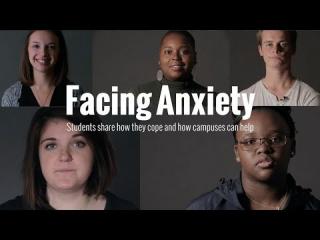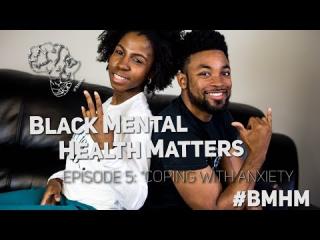Center for Counseling and Student Development
How to Manage Covid-19 Related Stress
Are you concerned about your or another person's immediate safety? Please dial 911 or call Campus Police at 410.951.3900.
The Counseling Center stays ready to support our campus community. We know it can be difficult to practice self-care and to care for others during uncertain times, so we've pulled together some information and strategies to keep in mind. We encourage you to use these resources to restore a sense of peace when you or a loved one experiences distress.
Need to talk to someone? It's always ok to ask for help. Contact us at 410.951.3939.
Steps to Manage Stress
Uncertainty can be stressful, but you can always practice try different things, and practice new habits to get back to a healthier mindset.
Meet yourself where you are. Whatever you're feeling and whatever you're thinking is ok. Be kind to yourself, and try to accept those feelings and thoughts as where you are in this moment. Just because you feel this way now doesn't mean those feelings are permanent. If you can, focus on some nurturing activities that may help you feel better. Also, reflect on what types of activities or strategies may have worked for you in the past.
News and social media can be stressful. And in this 24/7 content culture, information can be hard to get away from, especially when it's troubling. Try limiting exposure to news and information that is repetitive and sensational. Maintain a balance between enough information necessary to remain informed about how to stay safe without being fixated on endless loops of casualty and infected numbers.
Purposely engage in activities and hobbies that are distracting and nurturing. Activities that are fun, exciting and educational can shift the brain to a healthier mindset.
A daily schedule is something you can control which can balance other areas that are outside of your control. Research confirms that when people encounter situations outside their control, it’s helpful to engage in activities within their control. Schedules and daily routines can help us feel a sense of normalcy. If you can, try creating and maintaining a daily schedule that includes sufficient time to sleep, eat, study, and exercise.
One of the positives about technology is that it helps people stay connected regardless of location. Make an effort to stay connected with friends and loved ones. Healthy relationships can be comforting during stressful times.
You may feel better doing activities that help remove negative thoughts and feelings out of your head. Drawing, journaling, or even physical activity like dancing can help organize thoughts and reduce stress.
Your brain and body benefit when you get your body moving. Any physical activity, like walking, swimming, or walking up and down stairs can be an opportunity to build emotional and physical strength.
This pandemic will pass. In fact, with vaccines and social distancing, we continue to make progress toward our new normal. Remember, you are at Coppin to pursue your personal and professional goals. Stay focused on achieving your goals—and be kind to yourself if those goals change.
Online Covid-19 and Mental Health Resources
- The Chronicle of Higher Education - Coping with the Coronavirus: How Faculty Members can Support Students in Traumatic Time
- NAMI COVID-19 Information and Resources
- Care for Your Corona Virus Anxiety
- SAMHSA Taking Care of Your Behavioral Health
- National Child Traumatic Stress Network: Parent/Caregiver Guide to Helping Families Cope with COVID 19
- Keeping our Children and Ourselves Safe
Crisis Hotlines
-
Baltimore Crisis Response Incorporated (BCRI) (410) 433-5175
For Baltimore city residents: BCRI can also send a mobile treatment team to your residence. -
National Suicide Prevention Lifeline 1-800-273-TALK (1-800-273-8255)
The website also offers a Therapy Finder for those will less acute or longer-term mental health needs. -
National Suicide Prevention Text Line: Text "start" to 741-741
-
Baltimore County Crisis Response (410) 931-2214
On-site crisis response as well as appointments for psychiatric evaluations. -
House of Ruth 24-hour hotline (410) 889-7884
Intimate partner violence center, providing safety, support, and referrals for battered women and children. -
National Domestic Violence Hotline 1-800-799-7233 | 1-800-787-3224 (TTY)


Self-help Apps
Get mental health on the go! Digital tools that teach breathing and mindfulness strategies that help manage stress


